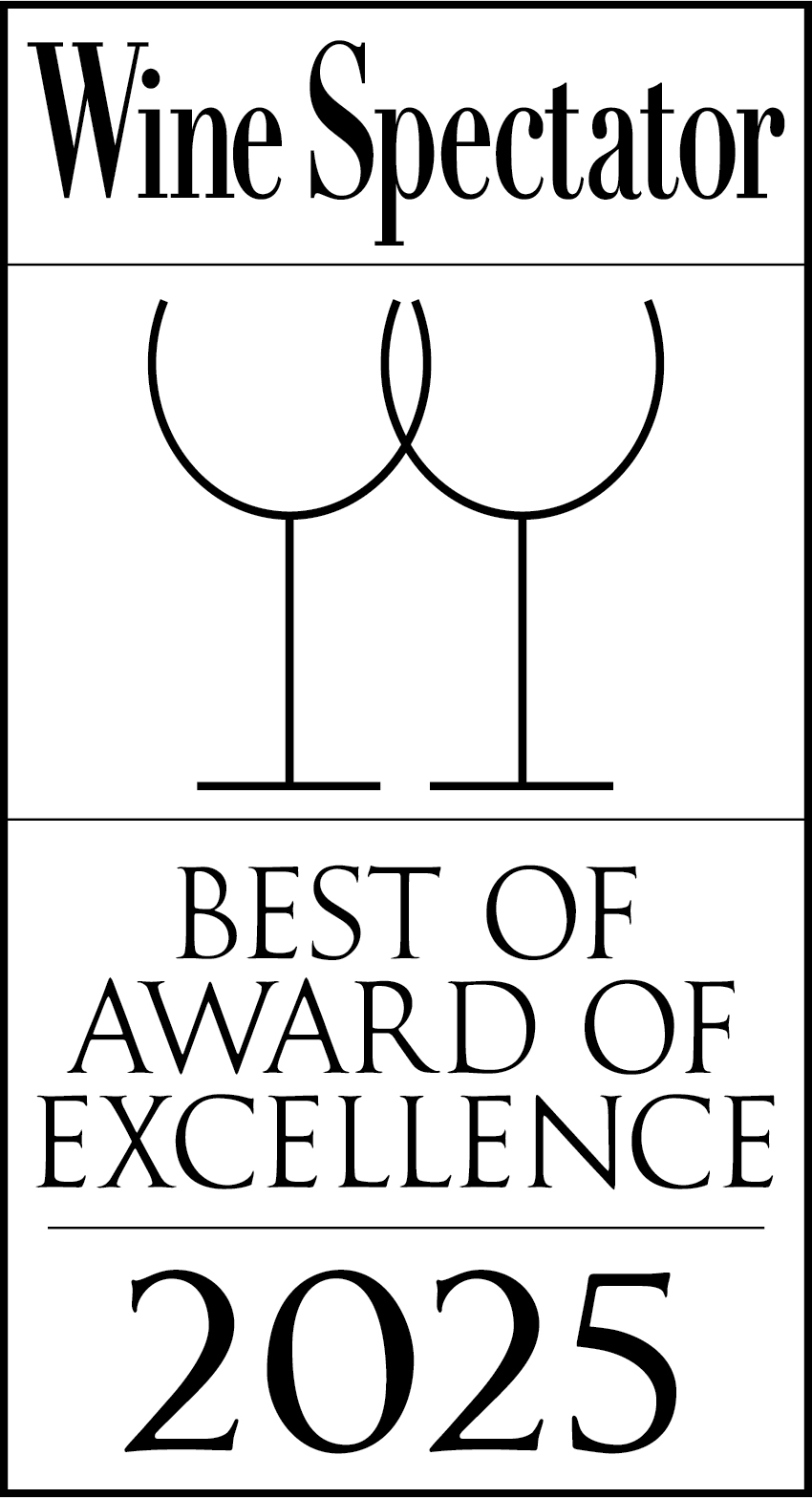About
The Peacock Inn:
A Timeless Princeton Landmark.
Nestled on Bayard Lane, just a short stroll from Princeton University, The Peacock Inn has stood as a cherished symbol of elegance and hospitality for over a century. This historic boutique hotel is steeped in tradition, with a legacy that reflects Princeton’s rich academic and cultural heritage. The Inn’s architecture blends Colonial Revival and Georgian influences, echoing the charm of an English country manor, an ideal complement to the town’s refined, scholarly atmosphere.
Throughout its storied past, The Peacock Inn has welcomed an array of distinguished guests, from visiting dignitaries and esteemed professors to prominent celebrities. Its reputation for gracious service, understated luxury, and timeless ambiance has made it a beloved destination for those seeking an experience that is both intimate and memorable.
Today, The Peacock Inn continues to honor its legacy while embracing the present. Guests enjoy the best of both worlds: a beautifully preserved historic setting paired with modern comforts and an acclaimed fine dining experience. Whether you're visiting Princeton for business, leisure, or academia, The Peacock Inn offers an exceptional retreat with a uniquely personal touch.
A Storied Past:
The Historical Timeline of The Peacock Inn
1779
Originally built during the colonial era on Nassau Street near what is now University Place, the property was purchased by Jonathan Deare—delegate to the first Provincial Congress of 1775 and member of the Continental Congress. During sessions at nearby Nassau Hall, the house provided lodging for fellow congressmen, playing a quiet yet vital role in the early days of American governance.
1875
The building was relocated to its current address at 20 Bayard Lane, within the Princeton Historic District and converted into the Princeton Hotel Company by William Libbey III. A Princeton professor, geographer, and pioneering archaeologist, Libbey was also instrumental in designating orange and black as the official colors of Princeton University. Notably, he was among the first in Princeton to own a telephone.
1911
Joseph and Helen O’Connor acquired the property and officially opened it as The Peacock Inn, naming it after a charming inn from the Midlands of England. The name and concept brought a touch of English refinement to the heart of Princeton.
1915
A devastating fire threatened the Inn’s existence, but it was successfully restored by renowned architect and historic preservationist Rolf Bauhan, who maintained the building’s architectural integrity while breathing new life into its structure
1920s ~ 1933
During Prohibition, the Inn’s basement transformed into a lively speakeasy known as Peacock Alley. The hidden bar was adorned with murals by famed Jazz Age illustrator John Held Jr., adding flair and artistic prestige to its clandestine charm.
1954
In a moment of unexpected fame, the entire Princeton football team crowded onto the Inn’s front porch, which promptly collapsed under their weight. A photographer captured the dramatic scene, and the iconic, award-winning image later appeared in Sports Illustrated.
2005
After decades of storied hospitality, the original Peacock Inn closed its doors.
2006 ~ 2010
Barry and Elaine Sussman purchased the property and began an extensive restoration that would last over three years. Stripped to its beams and foundational walls, the structure was meticulously rebuilt, honoring its historic character while reimagining it as a refined boutique hotel. The Peacock Inn officially reopened in 2010, complete with luxurious accommodations and an acclaimed fine dining restaurant.
2018
Though the restaurant briefly closed, a new chapter began when Genesis Hospitality Group acquired the property in May 2018. Under their stewardship, The Peacock Inn continues its legacy as one of Princeton’s premier destinations where history, elegance, and modern luxury converge.
Trivia & Tales
from The Peacock Inn
A legacy of elegance, intellect and a few secrets worth sharing…








Awards
The Peacock Inn and our fine dining restaurant The Perch at Peacock Inn have received numerous prestigious awards over the years.
 |
2017, 2018, 2019, 2020, 2021, 2022, 2023, 2024 |
AAA Four Diamond Award A Four Diamond Award indicates a property provides upscale amenities, remarkable service, and outstanding cuisine, with a focus on refined and stylish design, as well as extensive amenities and a high degree of hospitality. |
 |
AAA Inspector’s Best of 2020 | |
 |
2022, 2024, 2025 |
Wine Spectator Best of Award of Excellence Best of Award of Excellence recipients display excellent breadth across multiple winegrowing regions and/or significant vertical depth of top producers, along with superior presentation. |

